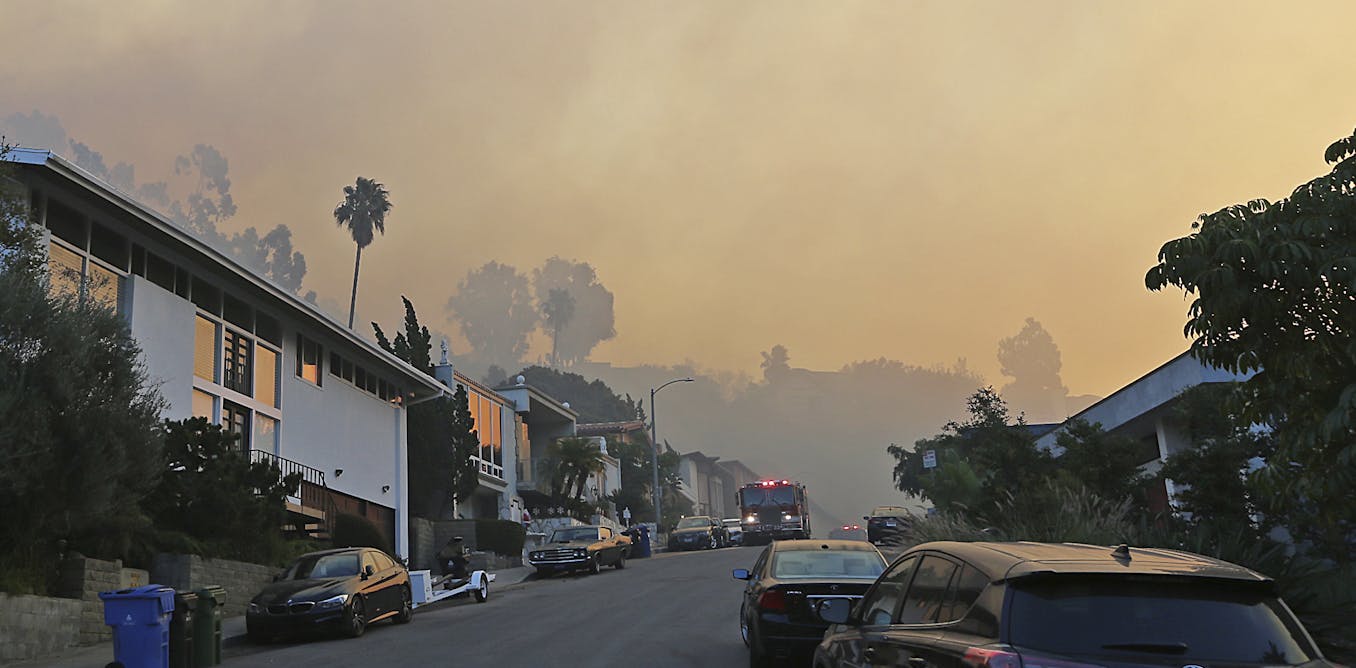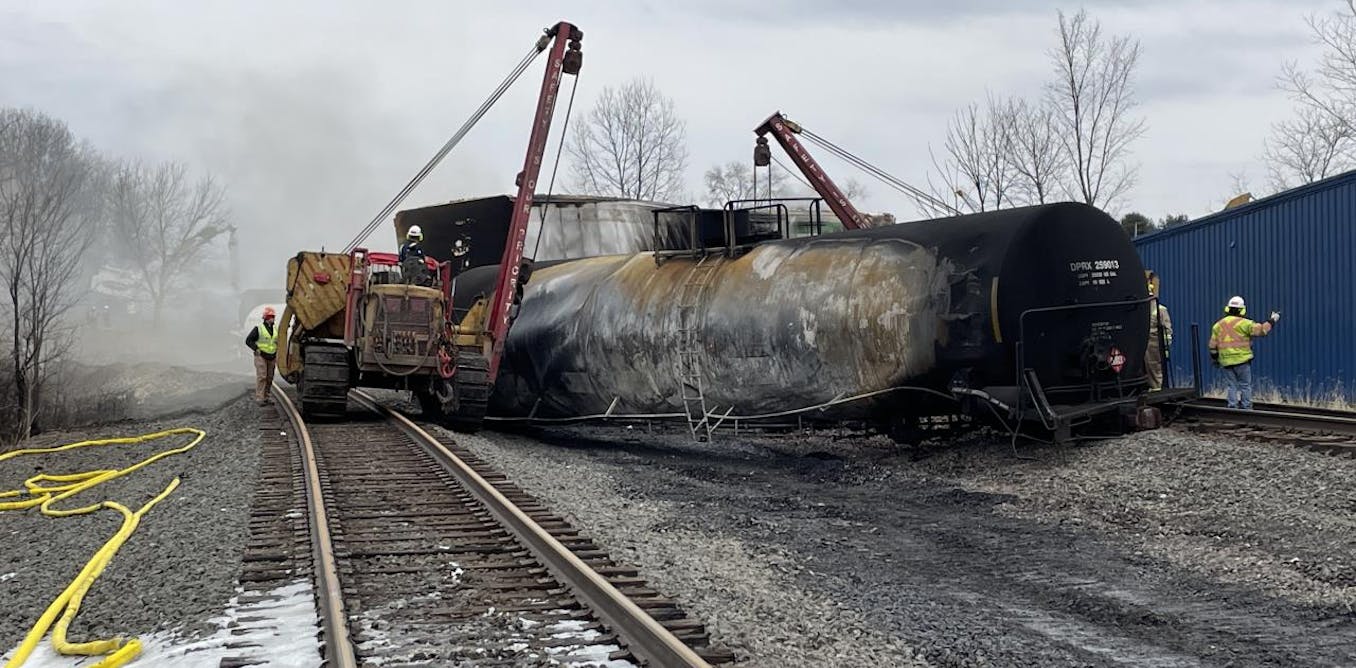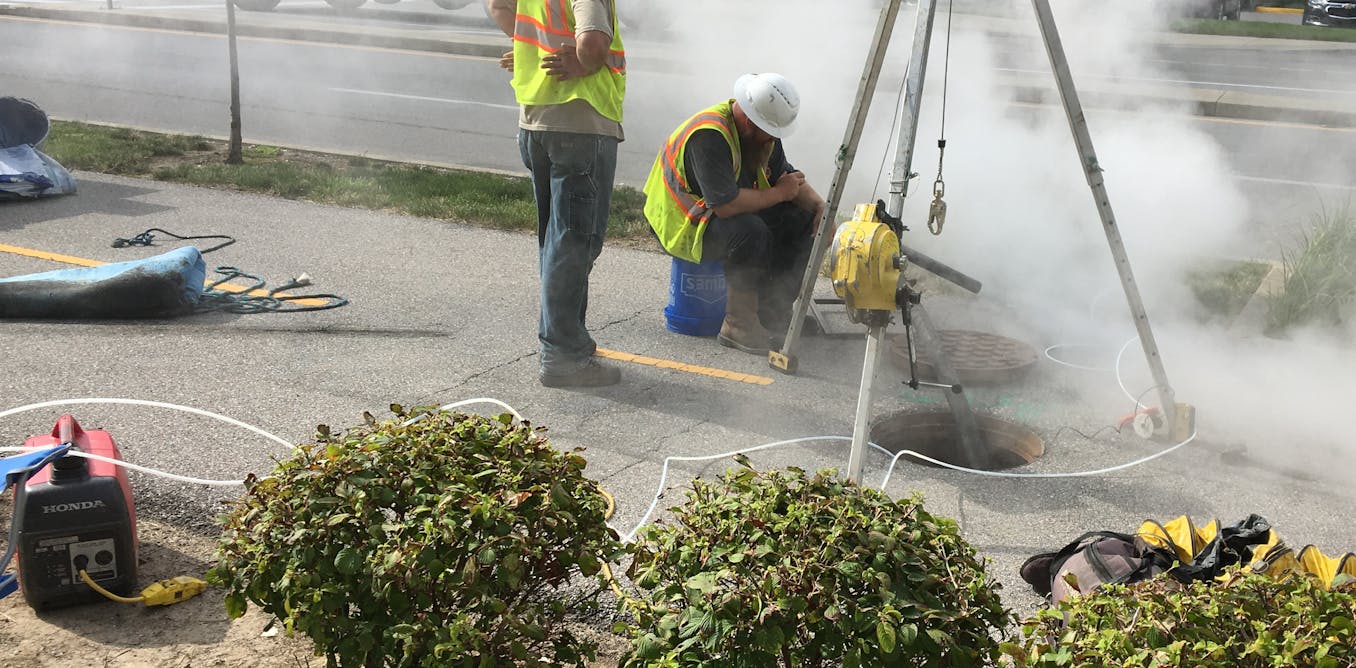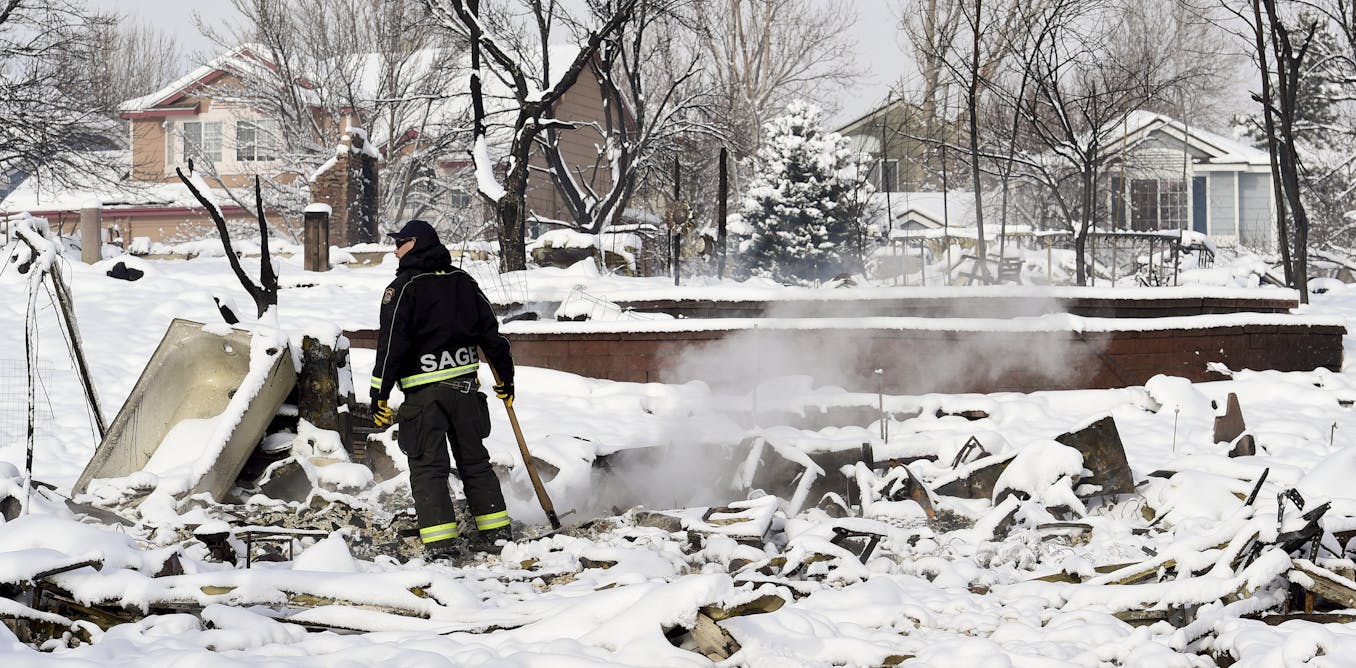Wildfire smoke leaves harmful gases in floors and walls − air purifiers aren’t enough, new study shows, but you can clean it up
Wildfire smoke, even from fires far away, carries potentially harmful gases that, once inside, tend to stick around. An air quality specialist offers an easy, cheap, effective way to deal with it.
Oct. 13, 2023 • ~8 min





